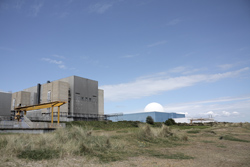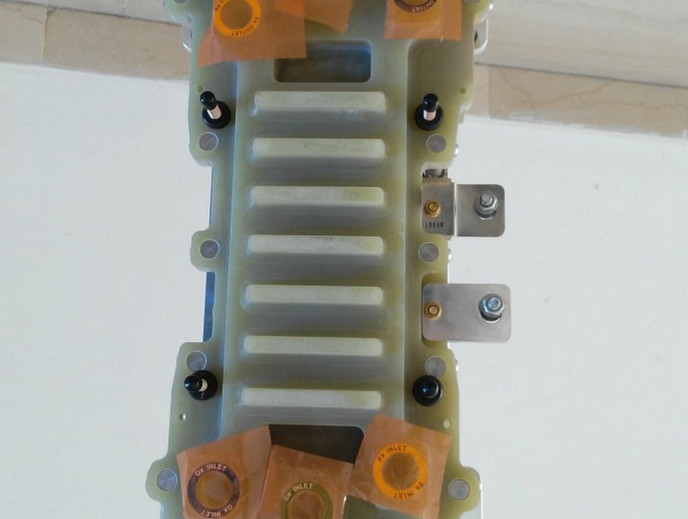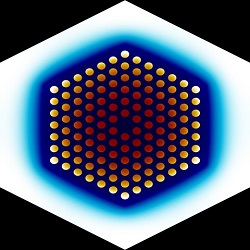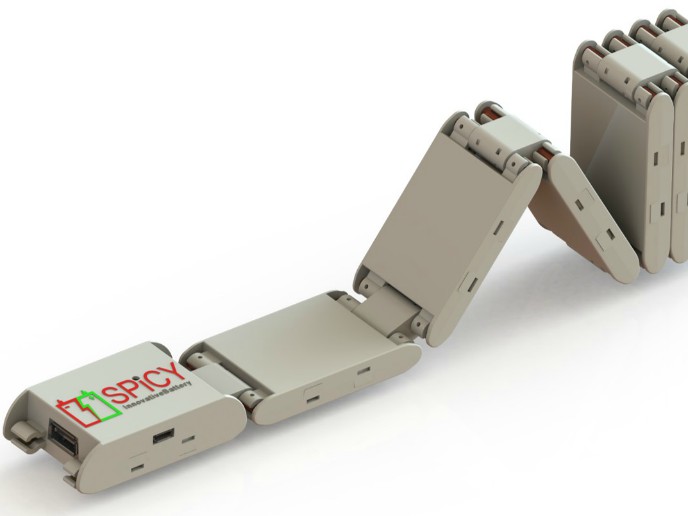Cleaner energy on the horizon
There are different types of fuel reactors in use across the world, each with its own advantages and disadvantages. A fast neutron reactor, or simply fast reactor, is not considered the most cost-effective type but shows much promise in delivering cleaner energy if some of its challenges are overcome. Fast reactors provide more sustainable energy and minimise nuclear waste by not producing greenhouse gases. More interesting is the gas-cooled fast reactor (GCFR) for generating electricity, which boasts these advantages and is also considered very safe. An EU-funded initiative, 'The gas cooled fast reactor project' (GCFR), examined the latest advances in nuclear technology such as economics, proliferation resistance and sustainability. It found that GCFRs can better exploit fissile material (i.e. material that sustains a chain reaction of nuclear fission), as well as reduce radioactive waste and its toxic effects considerably. This meets Generation IV (Gen IV) sustainability goals, a term which refers to the most advanced nuclear reactor designs and research. Sustainability under the Gen IV goals includes complete use of uranium resources, as well as recycling of uranium, plutonium and other elements. It also covers cost efficiency, no off-site radioactivity release and non-proliferation (avoiding separated materials in the fuel cycle). The initiatives emerging from this project will advance GCFR technology and help the EU usher in a new reality for advanced energy solutions.







